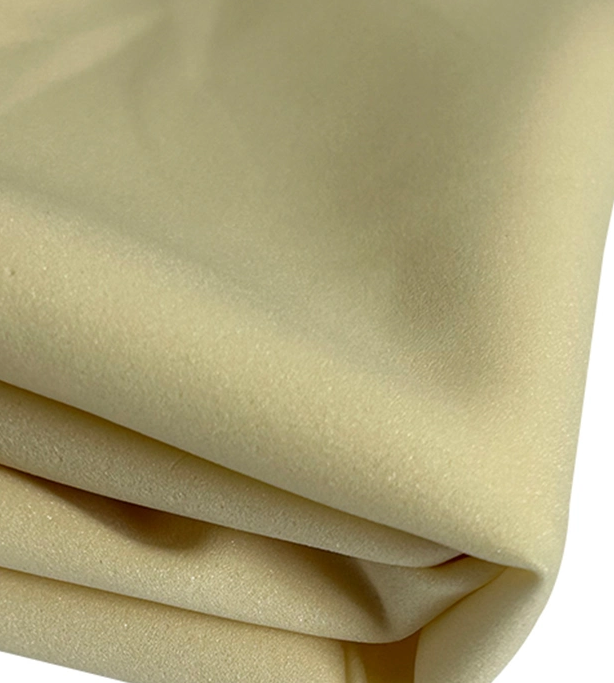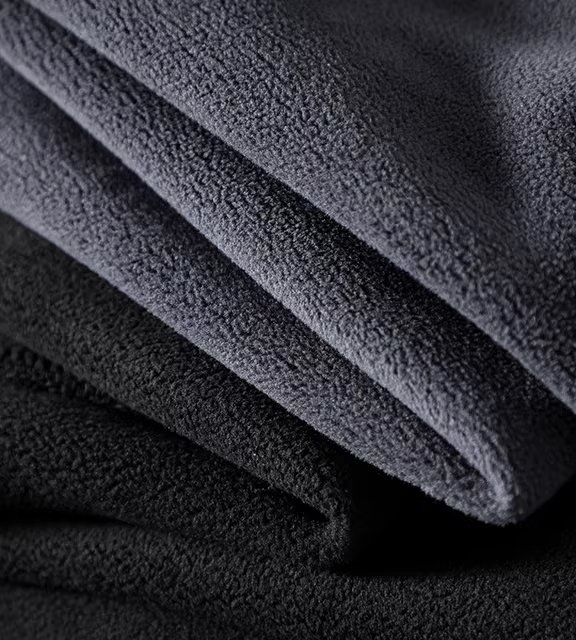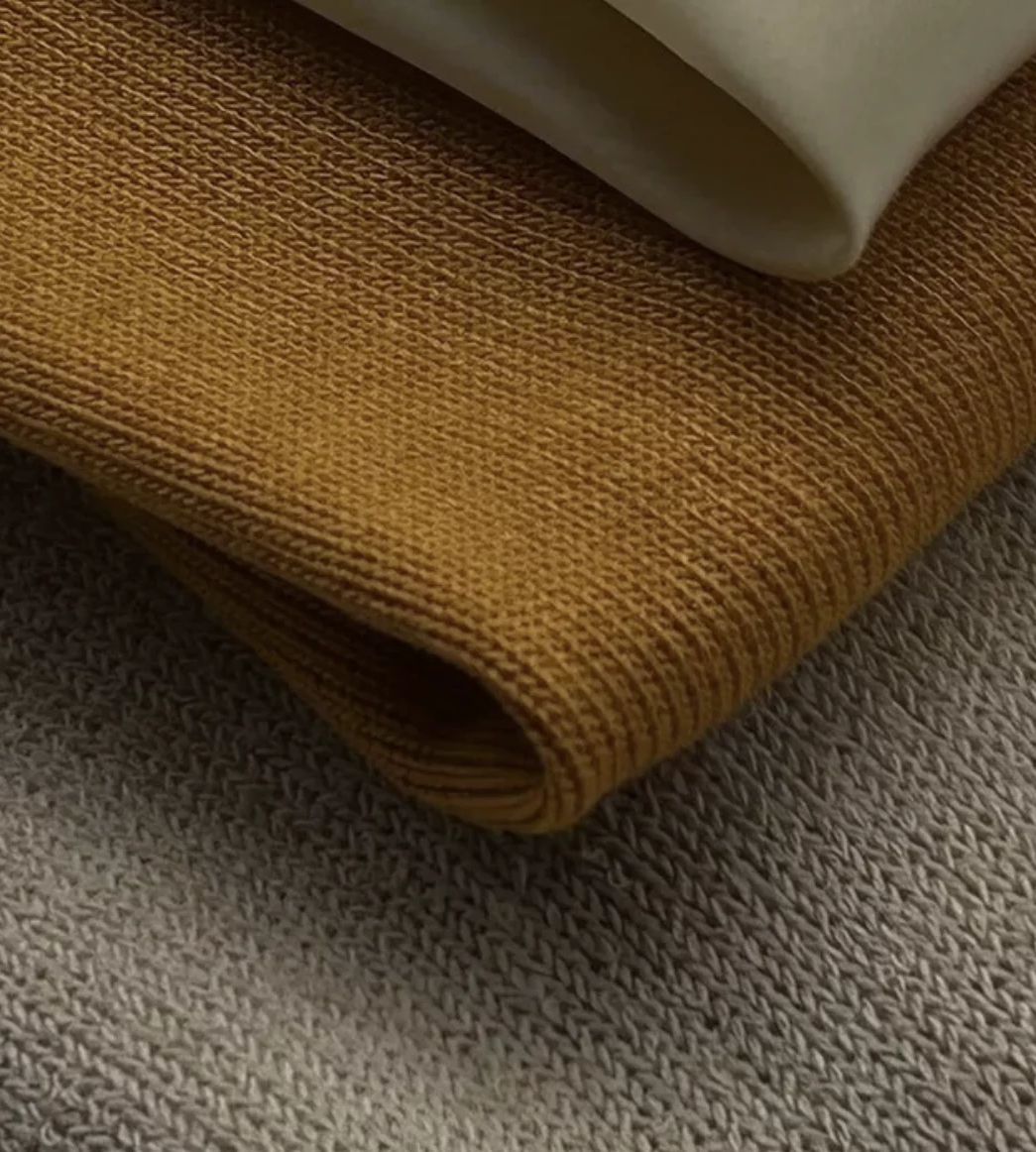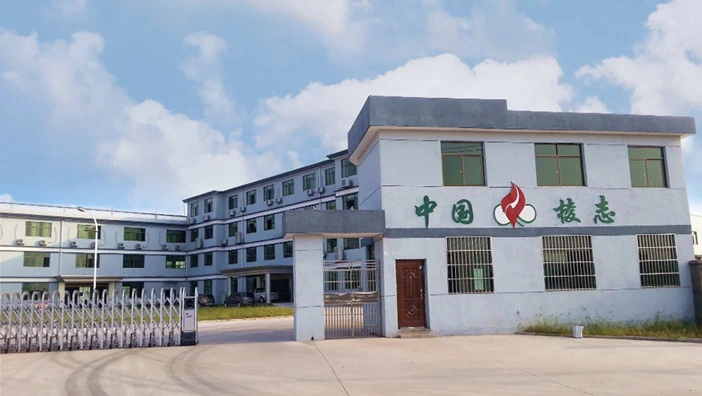Tel: 0086769-23187408
Email: info@linzshoes.com
Tel: 0086769-23187408
Email: info@linzshoes.com

Made from special materials and construction techniques, cold-resistant fabrics offer a range of benefits that make them a top choice for protecting against the cold. With its excellent insulating properties, it effectively retains body heat to keep you warm and comfortable, and its moisture-wicking function ensures you stay dry and comfortable. Additionally, the durability and flexibility of the cold-resistant fabric make it ideal for outdoor activities.

Good thermal performance is not only a highlight of cold resistant fabrics but also exceptional durability. These textiles are designed with great care to last against harsh forces of the cold season, whist representing a blend between power and flexibility.
Strong fabric constitution for the cold resistant products involves specifically engineered materials meant to handle wearing away as well as tearing due to extreme cold, moisture or wind. In most cases, fibers undergo special coatings that enhance their durability against wear and tear including even UV degradation in order to ensure fabric integrity persists in time.
Moreover, these fabrics undergo rigorous tests to check whether they can tolerate frequent washing and sustained use without loosing insulation or structural stability. They are made in such a way that under intense conditions will maintain color fastness and shape preventing shrinkage and stretch.
Cold resistant fabrics have long-lasting endurance necessary for outdoor gear and clothing offering a peace-of-mind feeling to those involved in adventurous activities when faced with unpredictable weather conditions. From exploring the polar regions or surviving icy chills every day, this strong technology shows how textile innovation is crucial for quality elastic winter clothing

The cold-resistant fabrics are great for keeping warm in icy areas. As listed are insulation and there are new technologies used to trap heat. In doing this, sweat is absorbed from the body to keep its user dry and cozy. Such clothes have waterproof coatings as well as windbreakers that enable them to remain warm in humid and windy conditions.
Cold resistant fabrics cannot survive in severe weather if they are not durable and flexible. A layered design that is found in multi-functional clothing makes it suitable for different temperatures and activities, thus making it an ideal selection for outdoors enthusiasts, who are always on the move.
Additionally, they usually comply with sustainable development goals which include use of recycled materials or environmentally friendly production processes. Primarily, cold resistant fabrics are a blend of unmatched coldness & optimized performance that enhances more functionality into winter wear.

Cold climate materials have long since evolved from being just insulating materials for countering cold temperature. A major attribute of contemporary cold weather clothes is the ability to breathe which keeps the wearer warm without any overheating or excessive moisture accumulation.
These are state-of-the-art materials that can effectively eliminate the sweat produced by body movement during sports as well as other activities. Air circulation within the fabric, which is made possible due to its special weaving patterns and tiny pores, induces sweating, thereby cooling the body and reducing humidity.
Moreover, thermal efficiency of cold resistant fabrics is not compromised by their breathability. They retain heat at close proximity to skin and allow perspiration to evaporate thus providing an ideal warm dry microclimate. Such dynamic exchange system prevents frostbite and hypothermia common in non-breathable winter wear.
In addition; this quality has also been enhanced by innovative treatment methods as well as membrane technology making cold resistant fabrics both durable and adaptable to different activities and weathers. Whether it is professional mountaineering gear or everyday winter garments, these fabrics change entirely how one thinks about staying comfortable and safe in freezing conditions with respect to the breathability.

In the realm of the outdoor adventure and survival, choosing materials for gear can decide whether it will be a pleasant, comfortable experience or an unpleasant one that is potentially dangerous. Amongst the numerous technical textiles available, cold resistant fabric has unique advantages that could drastically enhance performance and safety of winter specific clothing and gear.
Thermal Regulation: Cold-resistant fabric captures body heat to warm you up while not allowing it out into wintry atmosphere. This is usually achieved through advanced blends of fiber or innovative building techniques such as micro-lofting or air-trapping constructions.
Moisture management and breathability: One of the key features high-quality cold-weather fabrics possess is their ability to effectively manage moisture. They wick away sweat from your skin and this keeps you dry thus reducing any chances that you may be attacked by hypothermia due to dampness.
DURABILITY AND WEAR-RESISTANCE: In outdoor environments where exposure to snow, ice and rough landscapes can cause quick wear and tear, toughness of cold–resistant materials is very important. For these reasons, these fabrics are exposed to rigorous testing to make sure that they can preserve against extreme cold conditions by not tearing apart as well as they do resist punctures and abrasions.
In summary then, cold resistant fabric represents a huge step forward in outer equipment design with regard to warmth provision, moisture control and durability.

Nize New Materials is one of the world's leading material suppliers. We have more than 20 years of experience in this field and serve customers around the world. We also have world-class production equipment and an annual production capacity of 5 meters of ionic sulfate.
We focus on the research of the anti-piercing shoe midsole, interrupting the monopoly position of the anti-piercing cloth midsole inforeian countries. and producing the anti-piercing cloth midsole of our own branc, filing the domestic gap
The factory covers an area of 83.5 mu and has more than 22.500 sauare meters of production plant, 3,000 square meters of research anddevelopment center, 3,000 sauare meters of office space and more than 500 sets of advanced production and inspection equipment
We have excellent products and a professional sales and technical team that can provide satisfactory solutions according to your needs. If you are interested in our products, we look forward to your online message or call for consultation!
Our products cover a variety of functional materials, whether they are waterproof materials, wear-resistant materials, flame-retardant materials or thermal insulation materials, which can meet the needs of different industries and applications.
Cold-resistant fabric's durability in extreme cold conditions stems from its robust construction. It often incorporates reinforced stitching, seam sealing, and advanced fabric treatments to enhance its resistance to wear and tear. These features protect the fabric from damage caused by rough surfaces, sharp objects, and repeated use, ensuring its longevity and reliability.
The flexibility of cold-resistant fabric is crucial for unhindered movement and performance in cold environments. Despite its protective properties, the fabric remains lightweight and pliable, allowing for freedom of motion. This flexibility enables individuals to engage in activities such as winter sports or work tasks without compromising comfort or mobility.
Cold-resistant fabric finds applications beyond general cold protection. It is commonly used in specialized gear for outdoor activities like mountaineering, skiing, and ice climbing. Additionally, it is utilized in workwear for professionals who operate in extremely cold environments, such as Arctic explorers, cold storage workers, and winter sports instructors.
Cold-resistant fabric achieves thermal insulation through the use of specialized insulating materials, such as synthetic fibers or natural fibers like wool. These materials have high thermal resistance and are designed to trap and retain body heat, providing warmth in cold environments.
The durability of cold-resistant fabric in extreme cold conditions is influenced by several factors. These include the quality and strength of the fibers used, the fabric's construction techniques (such as reinforced stitching or seam sealing), and the ability to withstand abrasions from rough surfaces or contact with sharp objects.
